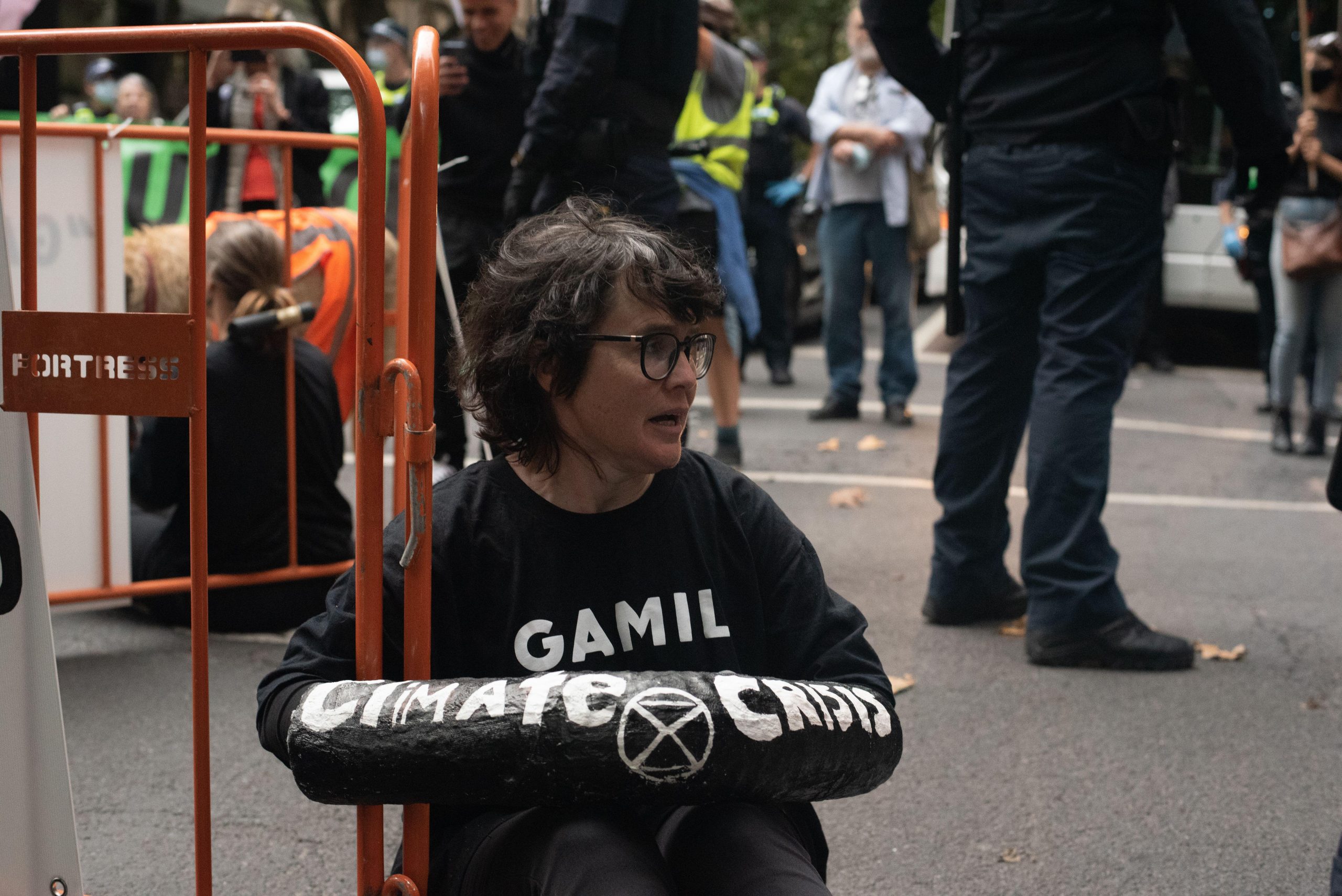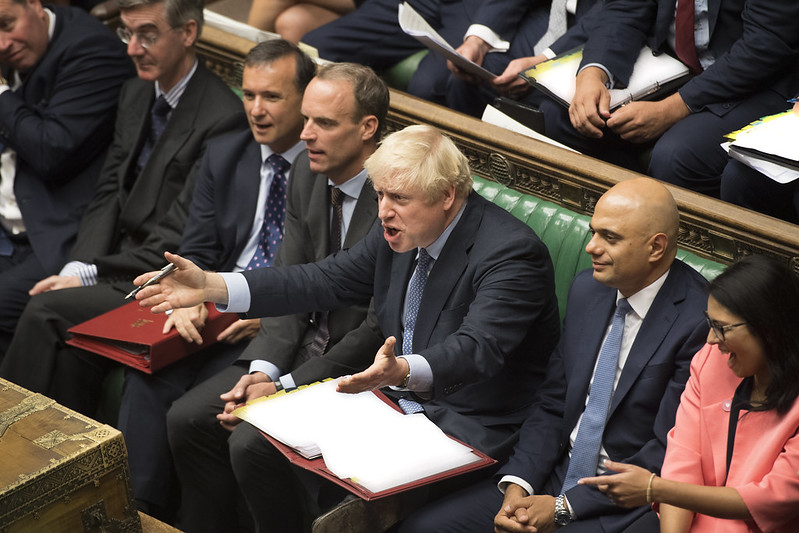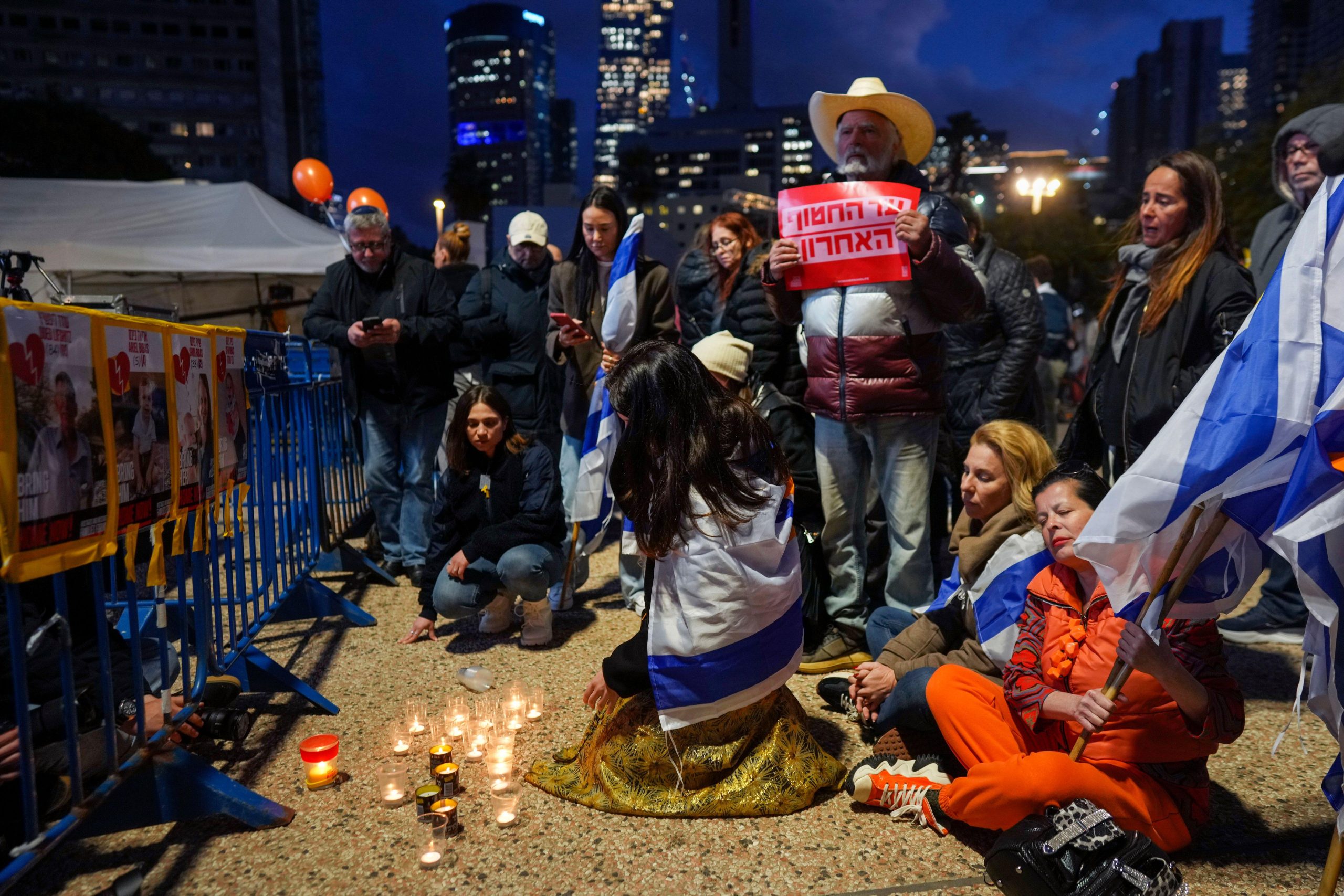The world has been watching with bated breath as a third Arab authoritarian regime collapses. Crowds of jubilant Libyans continue to throng the capital’s Green Square to celebrate the end of Muammar Gaddafi’s 42-year reign of tyranny and oppression.
But unlike the international euphoria triggered by the ousting of the Egyptian and Tunisian dictators, Gaddafi’s downfall is being met with cautious optimism — perhaps, even, anxiety. Rather than being hailed as heroes, Libya’s young revolutionaries are being eyed with scepticism. The wariness, say analysts, is largely caused by a fear of the unknown, as many wonder who the rebels are and what the future holds for the North African country.
In the early stages of the uprising in Libya, Gaddafi had pointed the finger at Al Qaeda, accusing the rebels of having close ties with the terrorist organisation. He had hoped that the accusations would win him Western backing that would enable him to stay in power. But the rebels leading the public protests are not “terrorists”: they are ordinary Libyans demanding change, freedom and an end to authoritarian rule — as I found out on a recent trip to Benghazi, Libya’s second city. The rebel city has been free from dictatorship since February this year.
The rebels I met during my trip in May asserted that their demands were similar to those of the opposition activists in Egypt and Tunisia.
“We simply want to see an end to the era of brutality and oppression. The Libyan people have suffered for long…we now want our freedom and dignity,” Khalad Khashab, a senior Gaddafi aide who defected to Egypt in February told me.
And like pro-democracy activists who led the Egyptian and Tunisian mass uprisings, the young Libyan revolutionaries also take pride in their revolution. There’s rarely any mention of the support they’ve been getting from NATO forces, which for months now have carried out aerial attacks against Gaddafi defence positions. Chants of “Libya hurra, Libya is free” echo through the streets of Benghazi and youths are often seen flashing the victory sign as they climb on top of charred cars and raise the rebels’ red, black and green flag.
And now that they are free from repression, the young activists in Benghazi are using every means possible to express themselves. The graffifi on the walls, the launch of new radio stations and internet TV channels the public debates about their future, the increased volunteerism and political activism are all manifestations of their newfound freedom. In Benghazi’s “Revolution Square”, citizens gather nightly to recite poetry, make public speeches, sing revolutionary songs or simply exchange anecdotes. The square has been transformed into a Hyde Park-style Speakers’ Corner, where young men and women can vent their hatred of an autocratic leader who for decades, stifled all forms of free expression and creativity.
Many young Libyans, feeling they now have a stake in their own country, volunteer to direct traffic, patrol the streets or collect donations to help casualties of the uprising or the martyrs’ families. Meanwhile, civil society organisations devoted to causes ranging from the promotion of women’s rights to environmental protection are rapidly mushrooming in the new Libya.
The desire to end years of isolation is also evident with the flags of friendly nations flying high over key bridges and in front of government buildings. It’s a small gesture of appreciation for the support afforded the rebels but also a signal of the Libyan people’s keenness to join the international fold.
Much of the graffiti on the streets pokes fun at Gaddafi but some of the messages also offer warnings against tribalism and religious extremism, likely challenges that Gaddafi threatened would confront any future government in Libya. And while the “One Libya” slogan is highly popular among the rebels, sceptics point out that it remains just that: a mere slogan. Analysts are concerned that the divide between regime loyalists and rebel forces may continue long after the country is free from Gaddafi’s authoritarian grip. They point to the rights violations often committed by one group against the other.
In a worst-case scenario, there’s the possibility of civil war breaking out.
“Tribal differences are deep-rooted in Libya,” cautions Ambassador Mohamed Rifaa, an Egyptian diplomat and former Ambassador to Libya. “Tribal leaders may fail to bridge existing divisions. Tensions may boil over if there’s a continued security vacuum.”
And with religion playing a significant role in conservative Libyan society, analysts also worry about a possible spread of religious extremism. This may take place despite the creation of a special commission by the National Transitional Council (NTC, the interim government leading Libya in the transitional period) to counter the influence of fundamentalists and to promote liberal ideas.
Tackling the humanitarian challenges, however, is currently the priority goal for the NTC. Tripoli’s two million residents face shortages in water , fuel and medicine, which, combined with regular power cuts and lack of proper sanitation, are creating dire conditions. If such problems are left unresolved, they could become life threatening, warn humanitarian agencies.
Providing security in the newly liberated areas is another huge challenge. Despite the challenges, many Libyans are hopeful that their country can transcend the difficulties and successfully make the democratic transition. But this can only happen, they say, if Libya gets the support it badly needs from the international community; support that has been forthcoming from some Western countries with a vested interest in supporting oil-rich Libya.
Government structures — which were non-existent under Gaddafi — are being formed, new political parties and civil society organisations are emerging, and there’s already talk of elections being organised.
“The Libyan people have suffered huge losses and paid a high price to achieve their democratic aspirations. Now it is only a matter of time before Gaddafi’s brutal regime collapses and we can forge ahead with the task of building a new, democratic Libya,” says a hopeful Khashab.
It’s a task that requires determination, the unifying of ranks inside Libya, a concerted international effort and a clear vision, he adds.
Journalist and television anchor Shahira Amin resigned her post as deputy head of state-run Nile TV on February. Read why she resigned from the “propaganda machine” here.





